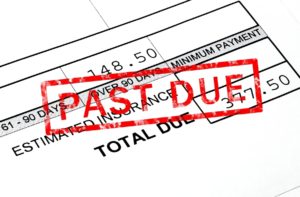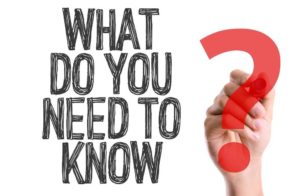
I got my Judgment, now what?
There is a misconception that getting a money judgment against someone, means they will pay you. In general this is NOT the case. We, at Perry Law Office, have found that on average it can take up to two (2) years to collect on a judgment depending on the various circumstances and how old the debt is. There are of course those rare circumstances when you get paid immediately upfront. But in most circumstances that is not the case.Getting the money judgment is only the first step.
How do I find assets to collect from?
Debtors, tend to move. Debtors, tend to switch jobs. Debtors, tend to be unwilling to voluntarily pay a debt they owe. Debt Collection takes some time and hard work. Finding employment, personal assets, or bank accounts can be very difficult. Not to mention, finding the debtor and getting proper service in order to enforce your claim against them. There are many methods and ways to find the location of a debtor, bank accounts, or where they are employed. Companies offer services to do just that. However, this cost money to hire the company or to buy the program, plus the time to do the legwork.
What can a collection attorney do for you?
The experienced staff and attorneys at Perry Law Office are equipped to find these debtors and collect from them. We can find where they are working and garnish their wages, levy on their bank account, or set up voluntary payments. Perry Law Office and similar collection attorneys have methods and processes in place to efficiently and effectively collect on debt.
How do I pay an attorney?
If someone owes you money and you are not sure how to collect, hire an experienced debt collection attorney to help you collect the money that is owed to you. Hiring an attorney is not as painful as you may believe. In most cases, you do NOT have to pay the attorney any attorney fees. Normally collection attorneys work on a contingency fee basis, meaning if they do NOT collect, you do not owe the attorney anything.
Contact Perry Law Office an experienced Fort Wayne debt collection attorney today. Call our Fort Wayne, Indiana law firm at (260) 483-3110 to discuss legal collection services at any stage of delinquency. We offer retail (consumer) and commercial (business to business) Debt Collections.

